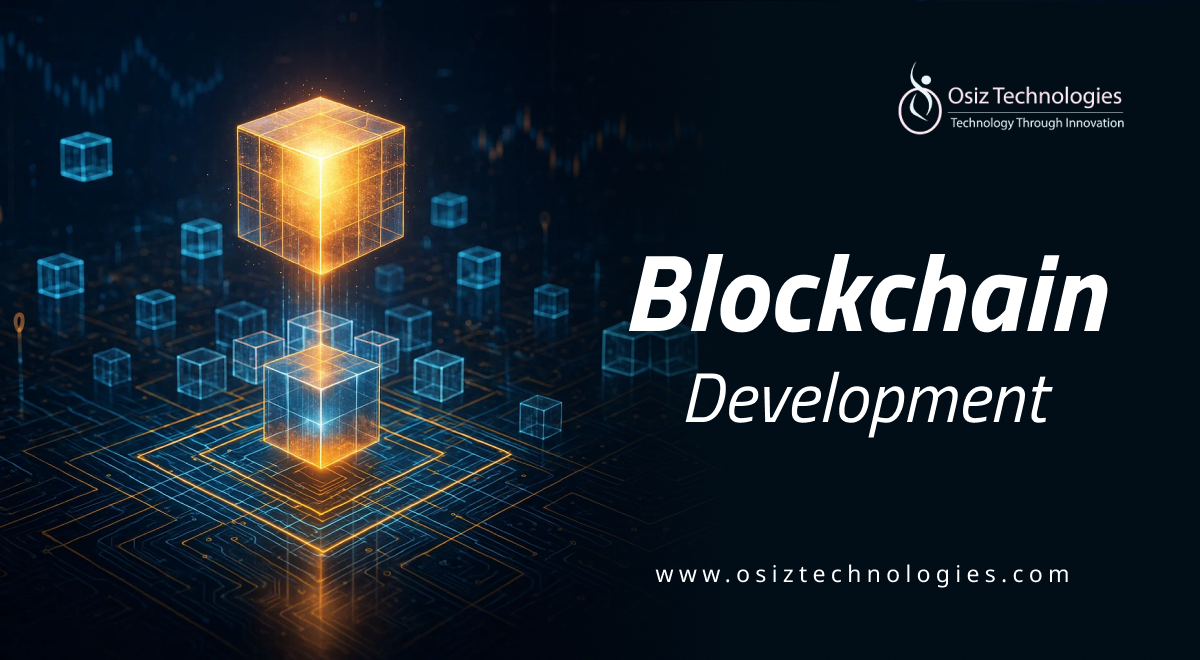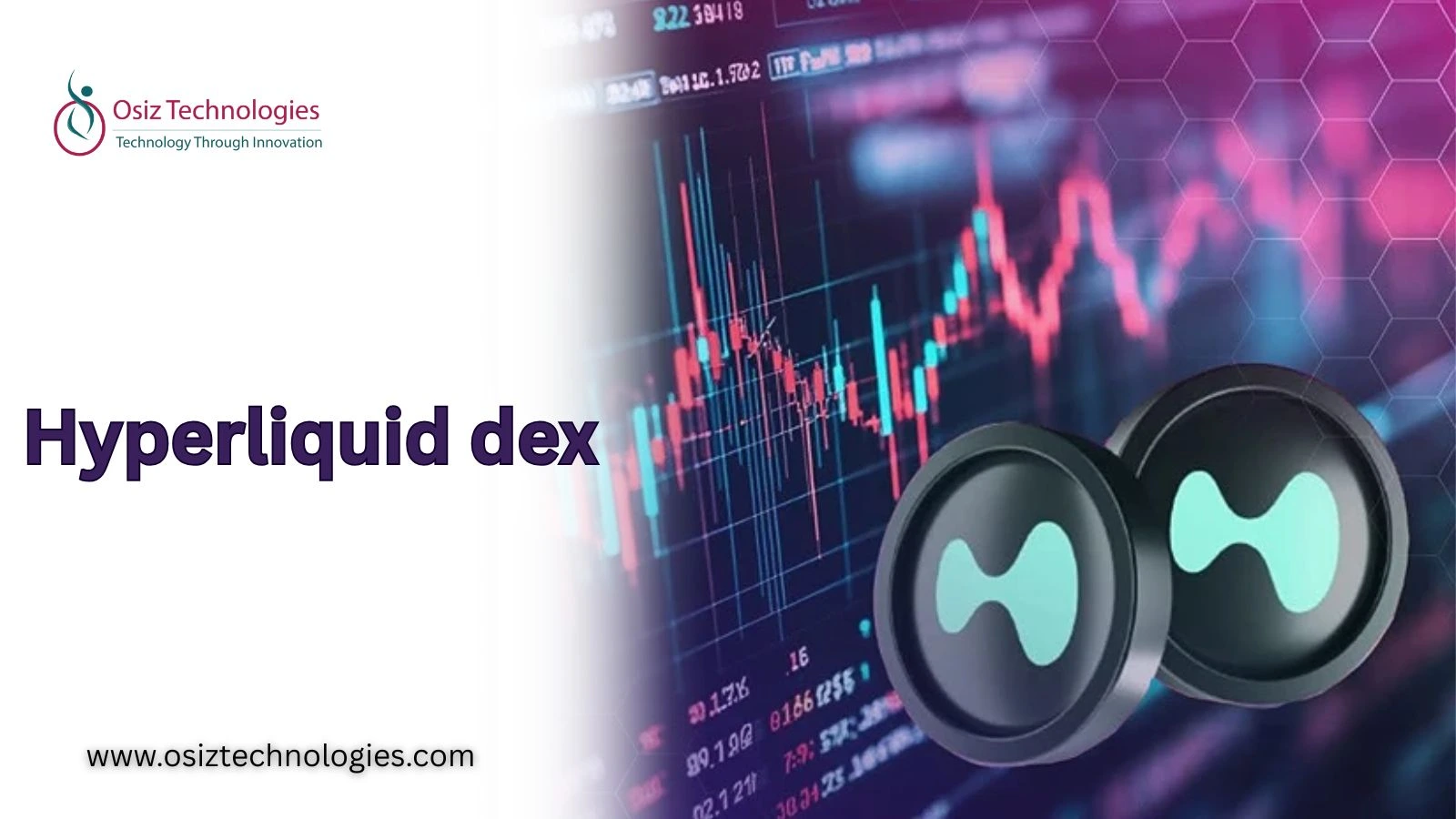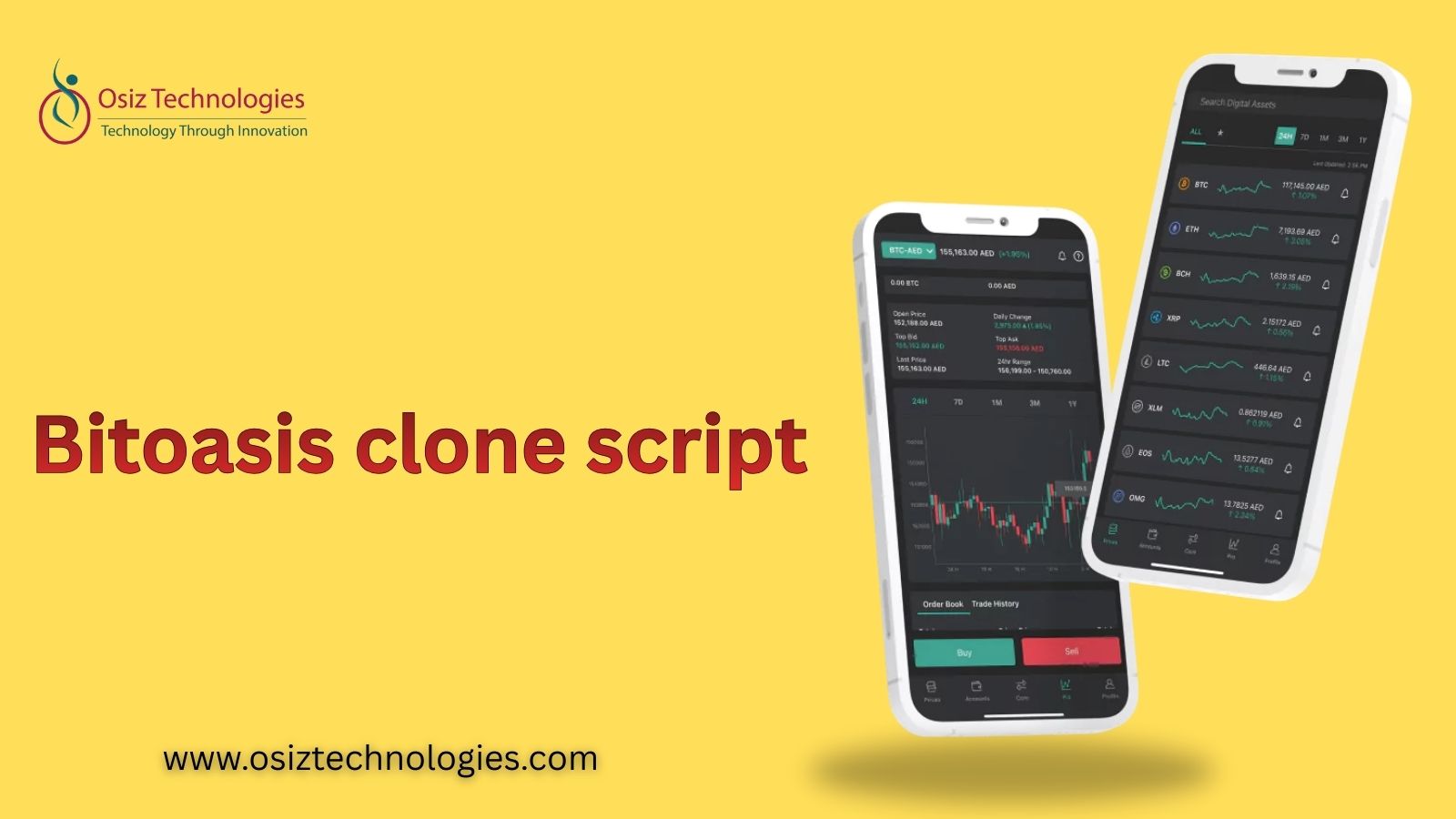In an era marked by rapid technological advancements and increasing environmental concerns, the intersection of blockchain technology and circular supply chains is reshaping the landscape of global trade. This innovative synergy not only enhances supply chain transparency but also fosters sustainability, enabling businesses to operate with greater efficiency and responsibility. As companies strive to meet consumer demands for ethical sourcing and sustainability, understanding how blockchain can facilitate circular supply chain management becomes crucial.
The Essence of Circular Supply Chains
A circular supply chain is designed to minimize waste and make the most of resources. Unlike traditional linear models that follow a 'take-make-dispose' approach, circular supply chains focus on reusing, recycling, and refurbishing materials. This shift not only conserves resources but also reduces environmental impact, aligning with global sustainability goals.
Blockchain: The Backbone of Transparency
Blockchain technology offers an immutable and transparent ledger that can track the entire lifecycle of products. By recording every transaction on a decentralized platform, blockchain enhances supply chain transparency. This means that stakeholders can verify the origin of materials, ensuring they are sourced sustainably. For instance, a recent study highlighted how blockchain-enabled circular supply chain management reduces risks by recording proof of recycling and sustainable sourcing, creating trust among consumers and regulators alike.
Enhancing Traceability with Blockchain
Traceability is a critical component of effective supply chain management. Blockchain provides a reliable way to track materials from their origin to the final product. This capability is particularly important in industries like food and pharmaceuticals, where safety and compliance are paramount. By utilizing blockchain traceability solutions, businesses can quickly identify and address issues in their supply chains, enhancing overall efficiency.
Smart Contracts: Automating Processes
Smart contracts are self-executing contracts with the terms of the agreement directly written into code. They automate various processes within the supply chain, reducing the need for intermediaries and minimizing errors. In a circular economy, smart contracts can facilitate transactions related to recycling and resource sharing, streamlining operations and ensuring compliance with sustainability standards.
Tokenization in Supply Chains
Tokenization involves converting rights to an asset into a digital token on a blockchain. This concept can revolutionize supply chains by enabling fractional ownership and facilitating transactions in a decentralized manner. For example, companies can tokenize recycled materials, allowing multiple parties to invest in and benefit from the circular economy.
Cross-Border Compliance and Trade
Global trade often involves navigating complex regulations across different jurisdictions. Blockchain can simplify cross-border compliance by providing a transparent and verifiable record of transactions. This capability reduces the risk of fraud and ensures that all parties adhere to relevant regulations, thereby enhancing trust in international trade.
Blockchain and Waste Management
Effective waste management is a vital aspect of sustainable supply chains. Blockchain can track waste materials and ensure they are processed responsibly. By providing a clear record of waste disposal and recycling processes, companies can demonstrate their commitment to sustainability and comply with regulations related to extended producer responsibility.
Recycled Materials Tracking
Tracking recycled materials is essential for ensuring that they are reintegrated into the supply chain effectively. Blockchain technology can provide a transparent record of recycled materials, allowing companies to verify their sources and ensure they meet quality standards. This capability not only enhances sustainability but also supports the development of a circular economy.
Digital Product Passports
A digital product passport is a comprehensive record of a product's lifecycle, including its materials, manufacturing processes, and recycling information. By leveraging blockchain, companies can create digital product passports that provide consumers with detailed information about the sustainability of their purchases. This transparency empowers consumers to make informed choices and encourages companies to adopt more sustainable practices.
Conclusion: The Future of Global Trade
The integration of blockchain technology with circular supply chains is transforming global trade by enhancing transparency, traceability, and sustainability. As businesses increasingly recognize the importance of ethical sourcing and environmental responsibility, adopting these innovative solutions will become essential. By embracing blockchain and circular supply chains, companies can not only improve their operational efficiency but also contribute to a more sustainable future. To learn more about how blockchain can revolutionize your supply chain, connect with us at Osiz, a trusted blockchain development company, and move your business toward smarter, greener, and future-ready trade systems.
Listen To The Article
Recent Blogs

X-Mas 30%
Offer












